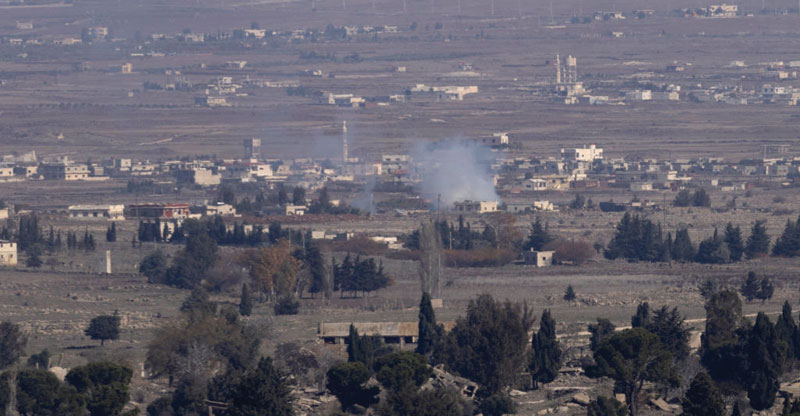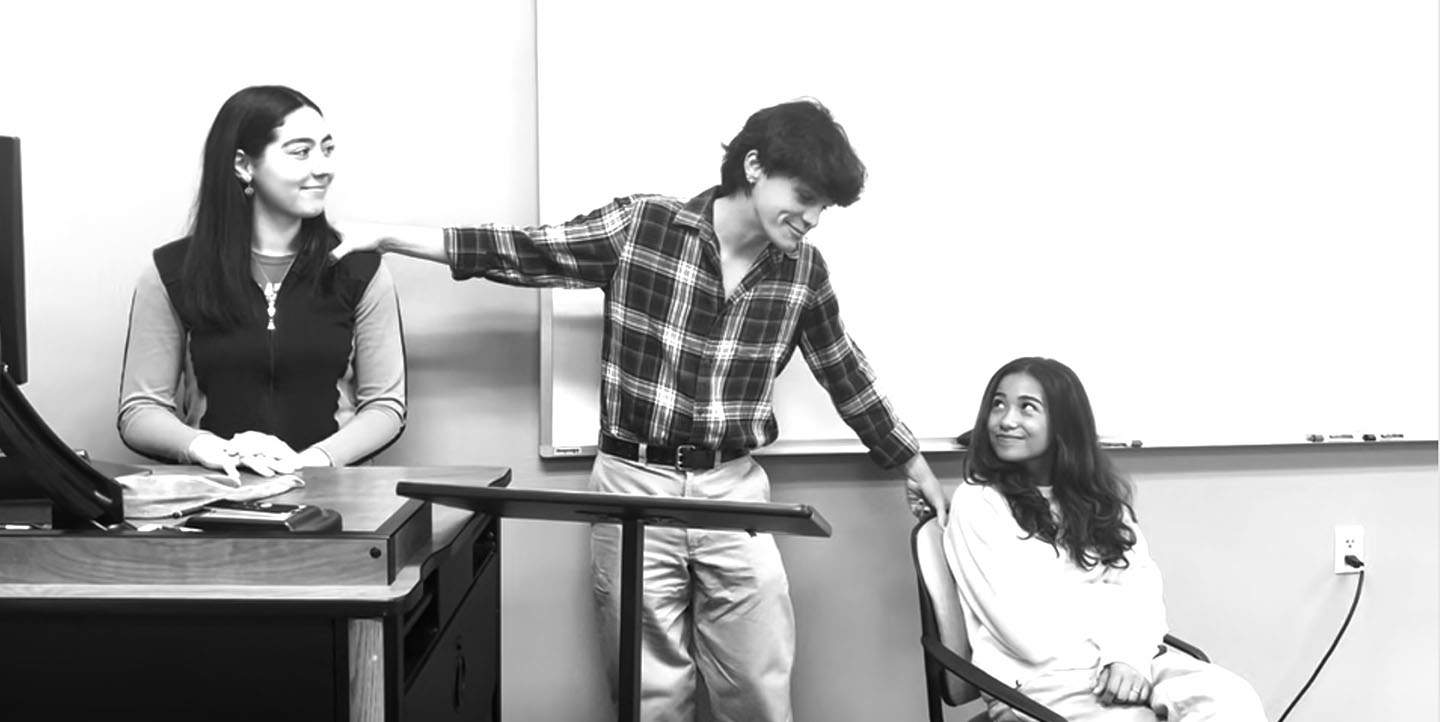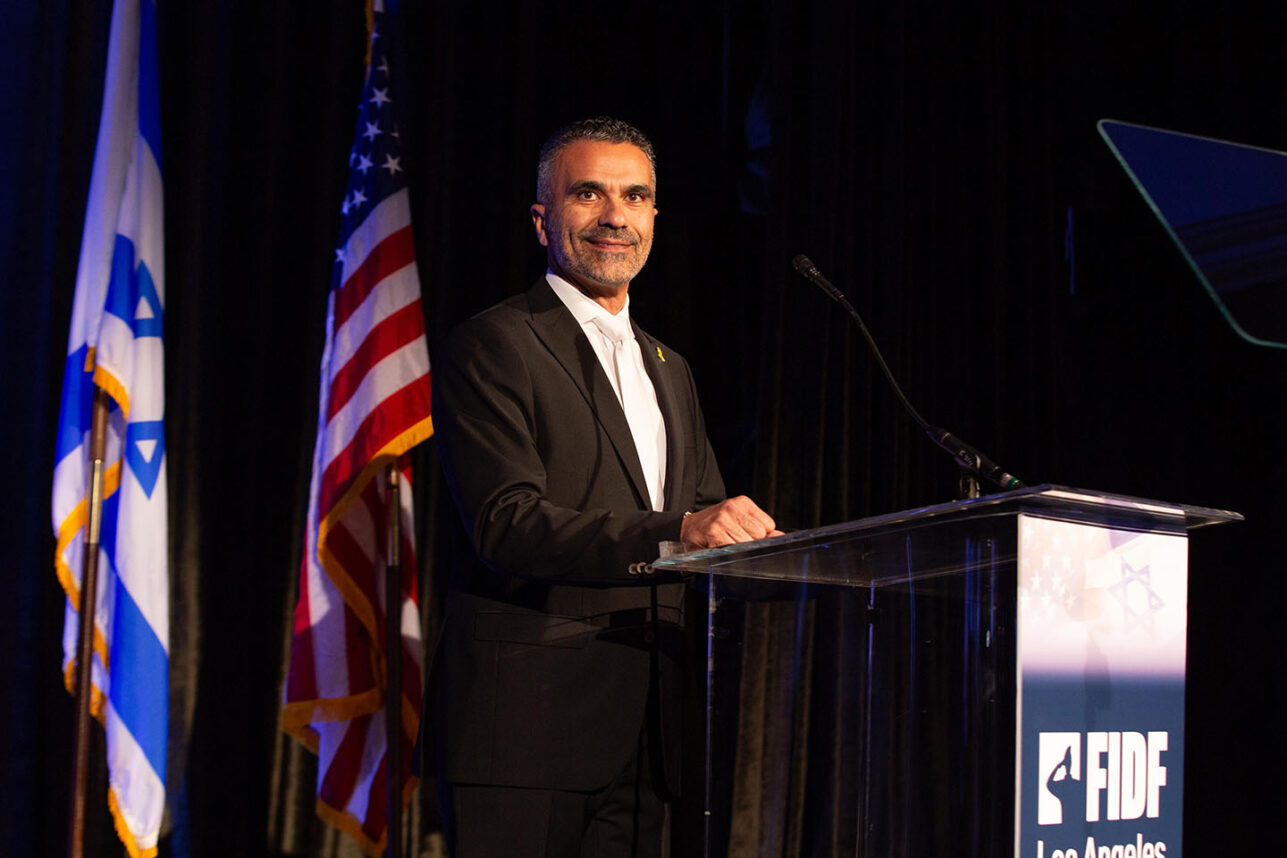About 20 years ago Ted Gostin, an urban plannerwith a growing curiosity about his family history, started searchinglocal phone books for Gostins. He made a cold call to a Sydney Gostinin Seal Beach, Calif. At 85, Sydney had no recollection of Herman,Ted’s grandfather. “Well, they always called him Hymie,” Ted said.Then Sydney got excited. “He was a short guy, bow-legged, a tailor,right?” Sydney asked. It turned out that Sydney had known Ted’sgrandfather’s family when they were kids in Poland. “He told me allthese stories about my grandfather’s family that I didn’t know,” Tedsaid.
From this one experience began a new passion thateventually led Ted Gostin to a career as a genealogist. “It got mehooked,” Gostin said. Now Gostin is president of the JewishGenealogical Society of Los Angeles. The JGSLA will host the 18thannual Seminar on Jewish Genealogy in Los Angeles, which begins thisSunday (July 12) and runs through July 17 at the Century Plaza Hotel.Nicknamed “Hollywood Chai,” it is expected to draw about 700 Jewishgenealogy enthusiasts from all over the world. There are about 60Jewish genealogy societies in the U.S. and another dozen or sooverseas, Gostin said.
Genealogy is “very addicting,” Gostin said,whether as avocation or vocation. “It’s like being a detective. Youmeet some very interesting people. Some you wished you had never met.But others become like family.”
Along the way, you learn a lot about history,religion, culture, etc. But it can be quite an expensive hobby, addedGostin, who traded in his career as an urban planner for one as aprofessional genealogist. It can also be quite isolating. “You dealwith dead people a lot more than with live people,” Gostin said. Youspend a lot of time in graveyards and in libraries spooling throughmicrofilm, he said.
For Steve Abrams, chair of the Hollywood Chaiconference and a certified public accountant by trade, the thrill ofthe search has also created a lifelong addiction to genealogy. As theonly child of divorced parents, tracing his roots has brought him asense of connection.
“I always thought I didn’t have a lot ofrelatives, so it’s like discovering family I didn’t know I had,”Abrams said. For Abrams, the search yielded an interesting celebrityrelative: Supreme Court Justice Stephen G. Breyer, a second cousinonce removed.
 Steve Abramsfound that Supreme Court Justice Stephen G. Breyer was a secondcousin once removedthrough a geneaology search.
Steve Abramsfound that Supreme Court Justice Stephen G. Breyer was a secondcousin once removedthrough a geneaology search.
Organized interest in Jewish genealogy in theUnited States is only about 20 years old. The first Jewishgenealogical branch was formed in New York in 1977, followed by asecond in Los Angeles in 1979. Before that, many Jews assumed theperipatetic nature of the Jewish community would have made itunlikely that records would be kept, Gostin said. Many also believedthat towns where their ancestors lived were wiped off the map. EarlyJewish genealogists, such as Dan Rottenberg, who wrote “Finding OurFathers,” about his efforts to find his family, and Rabbi MalcolmStern, who wrote “Americans of Jewish Descent,” helped give the fielda boost, Gostin said. Arthur Kurzweil, who will be the keynotespeaker on July 12, wrote another landmark book, “From Generation toGeneration.” The 1976 TV series “Roots,” based Arthur Haley’s searchfor his African heritage, also ignited interest in Jewish genealogy.Perhaps the largest boosts to the field of late have been the growthof the Internet and the breakup of the Soviet Union. The latter hasallowed Jews unprecedented access to records and places once behindthe impenetrable Iron Curtain, while the Internet has given rise tounusual cooperative efforts between various groups andindividuals.
The list of topics at the genealogy seminar willrange from research techniques for the rank beginner to topicsappealing to more narrow ethnic groups. There are intriguing titles,such as “How I Found 14,000 Relatives in Three Years,” “Your Cousinsin Australia — How to Trace Them” and “Research Tools for AlsatianGenealogy.” Research on those who have disappeared in the Holocaustis a big topic, especially with the end of the Cold War.
A great deal of programming — most of it onThursday July 16 — will be devoted to Sephardic and Mizrachi Jewishsubjects, including “On Being Sephardic — Children of the Diaspora,”with Victor Perera, author of “The Cross and the Pear Tree;” “TheHistory of the Jews in Iraq,” with Victor Ozair, representative ofThe Babylonian Jewry Heritage Center; “The Crypto-Jews of theSouthwest,” with Arthur Benveniste, editor of HaLapid, the journal ofthe Society for Crypto-Judaic Studies; the screening of the film”Island of Roses: The Jews of Rhodes in Los Angeles;” “The Jews ofthe Ottoman Empire,” with Dr. Stanford Shaw, professor ofJudeo-Turkish History at UCLA; and Debbie Adhami, speaking for theCenter for Iranian Jewish Oral History. The center was established in1995 to help preserve the history of a people that dates back morethan 2,500 years, but little of whose history and culture has beenrecorded for future generations, Adhami said.
In keeping with the location, there will belectures on “The History of the Jews of Los Angeles” by Steven Sass,president of the Jewish Historical Society of Southern California;and “Tracking Jews in the Motion Picture Industry” with ValAlmendarez, collections archivist, Academy of Motion Picture Arts& Sciences.
Theodore Bikel, one of many Jews in theentertainment industry, will perform at the group’s closingbanquet.
For more information on Hollywood Chai, visitthe website at http://www.jewishgen.org/jgsla/seminar.htm, where theconference schedule is available, or come to the Century Plaza Hotelat 2025 Avenue of the Stars, Century City, on Sunday.
Tracing Your Roots: Kids’ Style
By Beverly Gray, Education Editor
Junior genealogists-in-the-making should noodgetheir parents to take them to My Jewish Discovery Place.
A new exhibit, “Family Trees: Growing Branches andDeepening Roots,” helps youngsters explore their personal history byway of colorful artifacts and activities.
Small children can draw family portraits and makefamily paperdoll chains; they can also dress up in clothing like thatworn by their great-grandparents.
Older kids have access to computer software,devised by Israel’s Museum of the Diaspora, which leads them throughthe creation of their own family tree.
And all children take home a how-to booklet,written in simple language that shows the way to preserve the storiesof their family, however they might choose to define thatincreasingly slippery term.
The most memorable displays reflect the lifestyleof the Jewish immigrant generation that trekked from Eastern Europeto the United States 100 years ago.
A large, cuddly doll bears a sign announcing,”Hello, I am Bubbie Rayzel. Come, sit down and have a glezele tea andread my story.”
In Bubbie Rayzel’s lap, kids find a storybooktracing her journey across the Atlantic to New York City.
They also discover an old-fashioned shawlcontaining the family treasures she brought with her, includingcandlesticks and a kiddush cup.
Another hit with kids is the old-fashionedtelephone. Pick up the receiver and you hear snatches of conversationin Yiddish-inflected English: “Hello, this is Bubbie. You’re comingby me for latkes?“
Museum director Sherri Kadovitz has decorated thecozy room with vintage photos from her own family album.
There are also Jewish ritual heirlooms, like ahandmade wooden dreidel, menorahand challahcloth, which have their own stories totell.
The whole happy idea is to stimulate conversationbetween parents and children about the rich inheritance theyshare.
“Family Trees,” funded by Charles and Frances Bayin memory of their son Joshua, will be at My Jewish Discovery Placeat least through the end of the year.
For hours and information, call (213)857-0072.





















 More news and opinions than at a Shabbat dinner, right in your inbox.
More news and opinions than at a Shabbat dinner, right in your inbox.